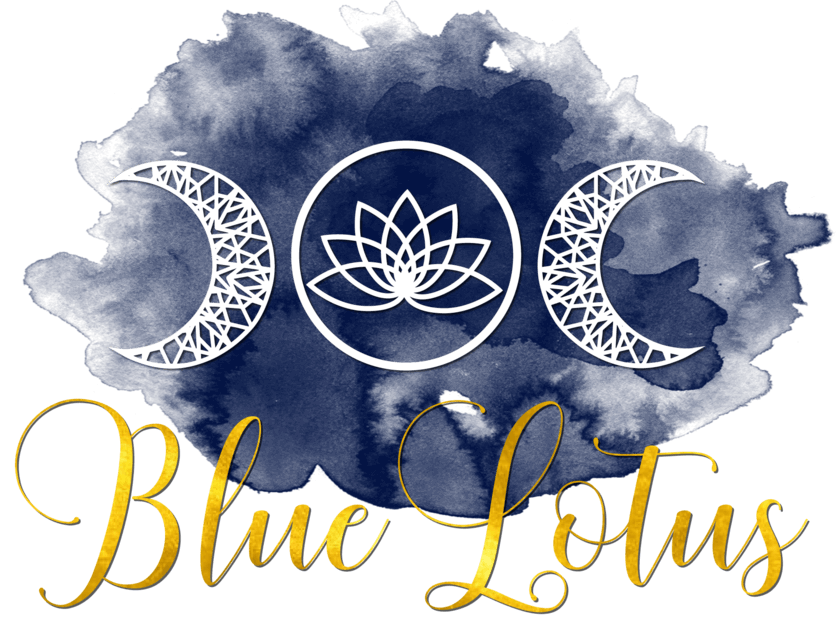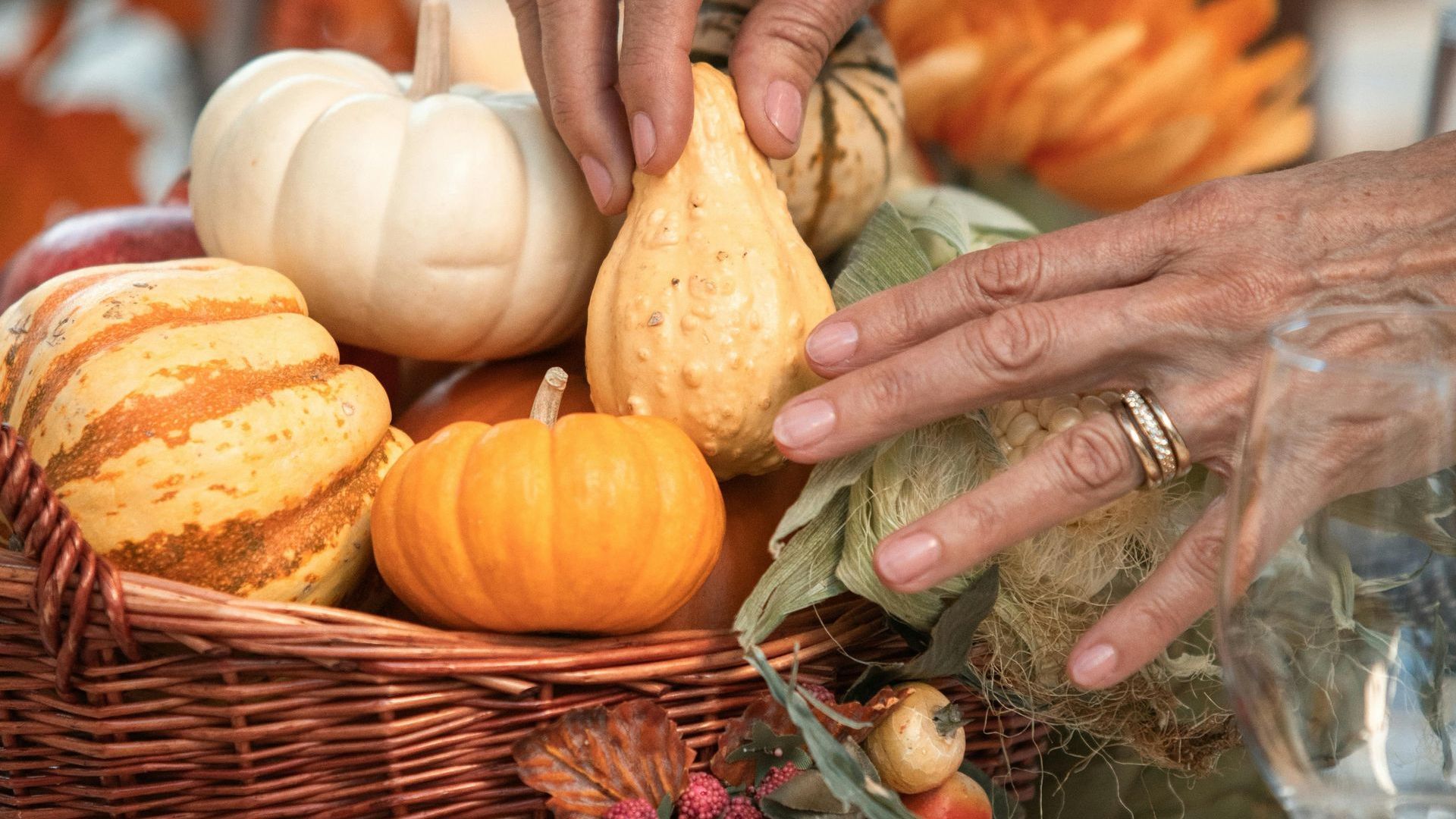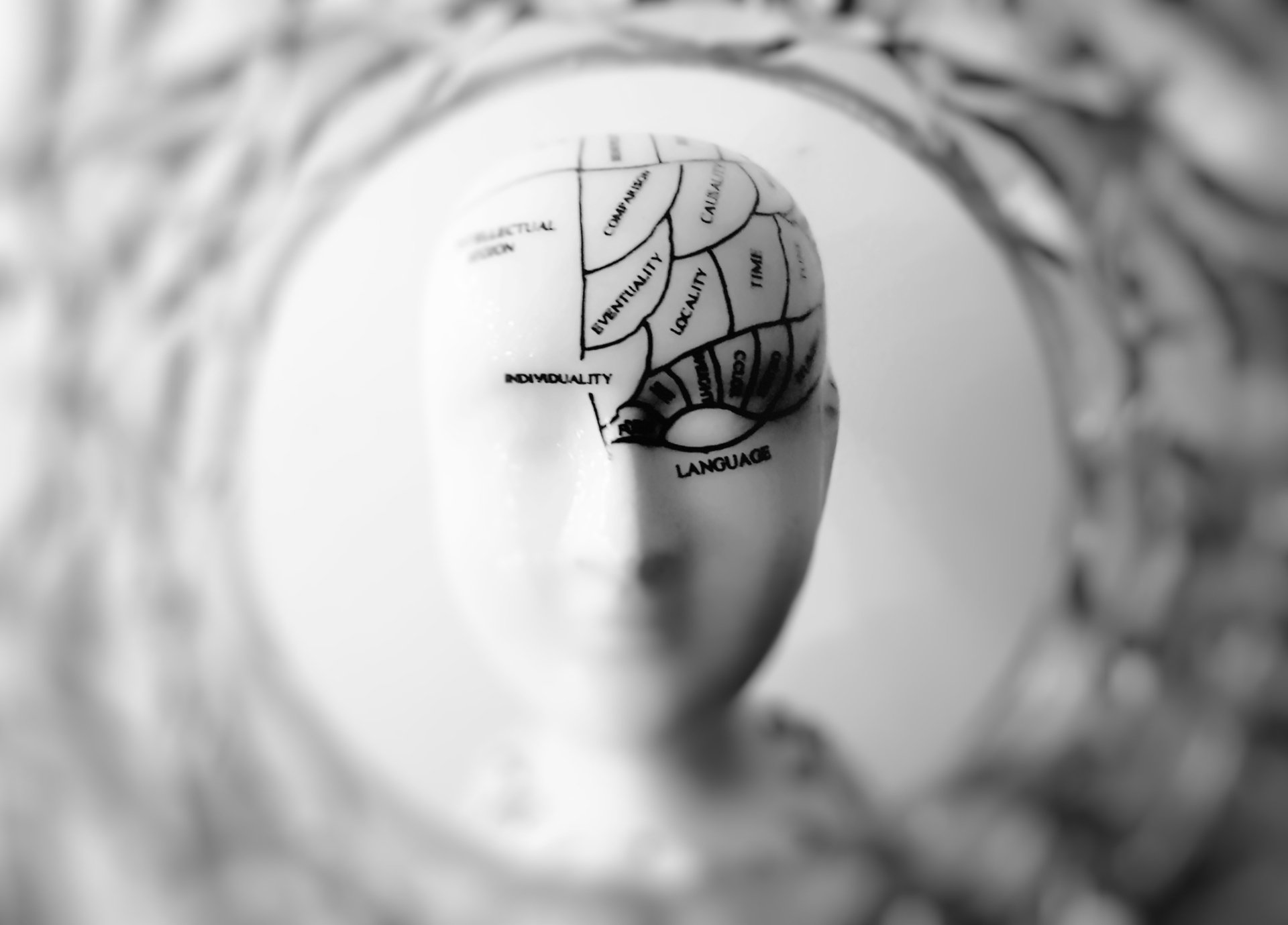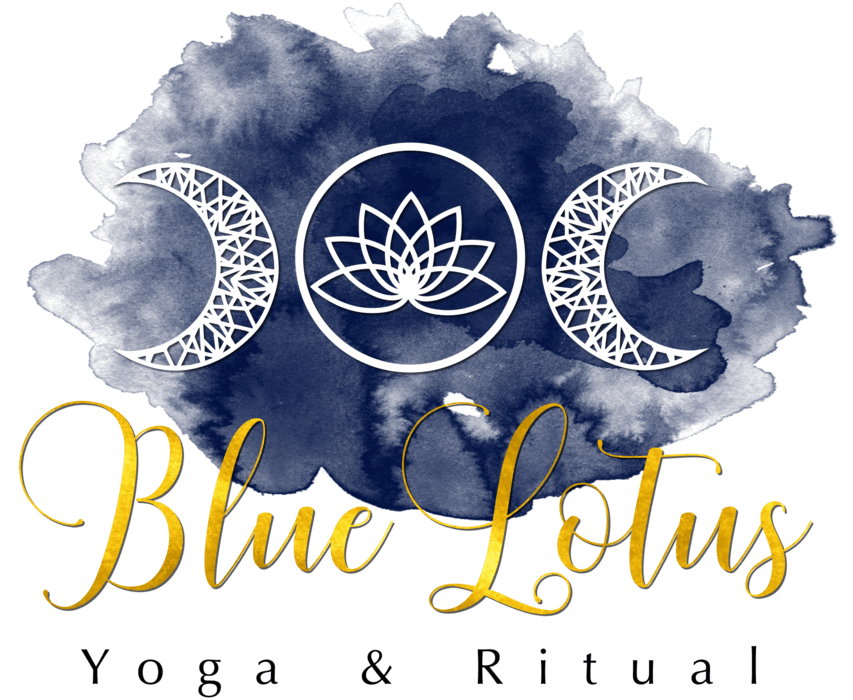Spring Vitality
Why Focusing On Your Liver Meridian This Spring Can Transform Your Health

The Liver Meridian & Its Vital Role in Your Wellbeing
In Traditional Chinese Medicine (TCM), the Liver meridian plays a crucial role in maintaining physical, emotional, and mental health. It’s known as the “General of the Army” because it directs the smooth flow of Qi (energy) throughout the body—governing everything from detoxification and digestion to emotional balance and flexibility.
As we step into Spring, the Liver meridian becomes particularly important. This season, associated with renewal and growth, is the perfect time to clear out stagnation, boost vitality, and restore harmony.
In this blog, we’ll explore:
- The physical, emotional, and mental properties of the Liver meridian
- Yoga and lifestyle tips to support Liver health
- 10 cleansing tips to promote liver detoxification and energy flow
The Liver Meridian Pathway: From Toes to Eyes
The Liver meridian is one of the primary energy channels in the body, running through key detoxification and emotional processing areas.
- It begins at the inside of the big toe, running along the inner legs, through the pelvis and abdomen, and into the liver and gallbladder.
- The meridian continues up through the lungs, passing the throat, encircling the lips, and ending near the eyes.
- This explains why Liver imbalances can manifest as eye issues, throat tension, or irritability, in addition to physical symptoms.
Physical, Emotional & Mental Qualities of the Liver Meridian
1. Physical Health: The Body’s Detox Powerhouse
The Liver is the
largest gland in the body, performing over 500 essential functions, including:
Filtering toxins from the blood, metabolising nutrients from food, regulating hormones and aiding digestion, storing and releasing glucose for energy & governing the tendons and flexibility in the body.
2. Emotional Health: The Gateway to Emotional Balance
In TCM, the Liver governs emotions, particularly anger, frustration, and irritability. When Qi in the Liver becomes stagnant, it can lead to: Mood swings or short temper, repressed emotions or resentment, feelings of stuckness or lack of direction. A balanced Liver Qi fosters patience, compassion, and emotional flexibility.
3. Mental Clarity: Vision & Purpose
The Liver is linked to vision—both physical and metaphorical. When this meridian is healthy, you’ll feel:
Clear-headed and decisive, Open to new ideas and creativity & Motivated with a sense of purpose and direction. When out of balance, you may experience: Mental fog or indecision, Eye strain or blurry vision or Difficulty with planning or organising
🌿 10 Tips to Support & Cleanse the Liver Meridian
1. Hydrate First Thing in the Morning
Start your day by drinking
warm lemon water.
This stimulates the
liver’s detoxification
process and promotes bile production, which aids digestion.
2. Eat Liver-Loving Foods
Incorporate foods that
support Liver health, such as:
Leafy greens (spinach, kale),
Citrus fruits (lemon, lime, grapefruit)Turmeric & ginger – powerful anti-inflammatory herbs
Cruciferous vegetables (broccoli, cabbage) – aid detoxification
3. Reduce Alcohol & Processed Foods
Alcohol and processed foods burden the liver, reducing its efficiency. Opt for
whole, nutrient-rich foods and reduce sugar and refined carbs.
4. Practice Gentle Twists & Side Bends
Twisting poses (like
Supine Twist) and side bends (like
Bananasana)
gently compress and release the liver, and are said to support digestive process.
5. Use Acupressure Points
Stimulate the
Liver 3 (LV3) point, located on the top of the foot between the
big toe and second toe, to enhance Qi flow and relieve stress.
6. Prioritize Rest & Sleep
The liver performs its
deepest cleansing work during sleep. Prioritise 7-9 hours of rest to support optimal liver function.
7. Breathe Deeply & Slowly
Deep, mindful breathing
increases oxygenation
and promotes the liver’s ability to
filter toxins
from the blood.
8. Try Castor Oil Packs
Applying a
castor oil pack over the liver area helps reduce inflammation and stimulate detox pathways.
9. Move Gently Every Day
Gentle movements, like
walking or yoga, boost circulation and support the liver’s detoxification process.
10. Engage in Restorative Practices
Incorporate
Yin yoga, breathwork, or meditation to reduce stress, as emotional tension can strain the Liver meridian.
By focusing on the Liver meridian during spring, you can revitalise your body, restore emotional balance, and gain mental clarity. Through Yin yoga, mindful breathing, and healthy lifestyle practices, you’ll support the smooth flow of Qi, leaving you feeling lighter, clearer, more vibrant and literally, put a spring in your step!












